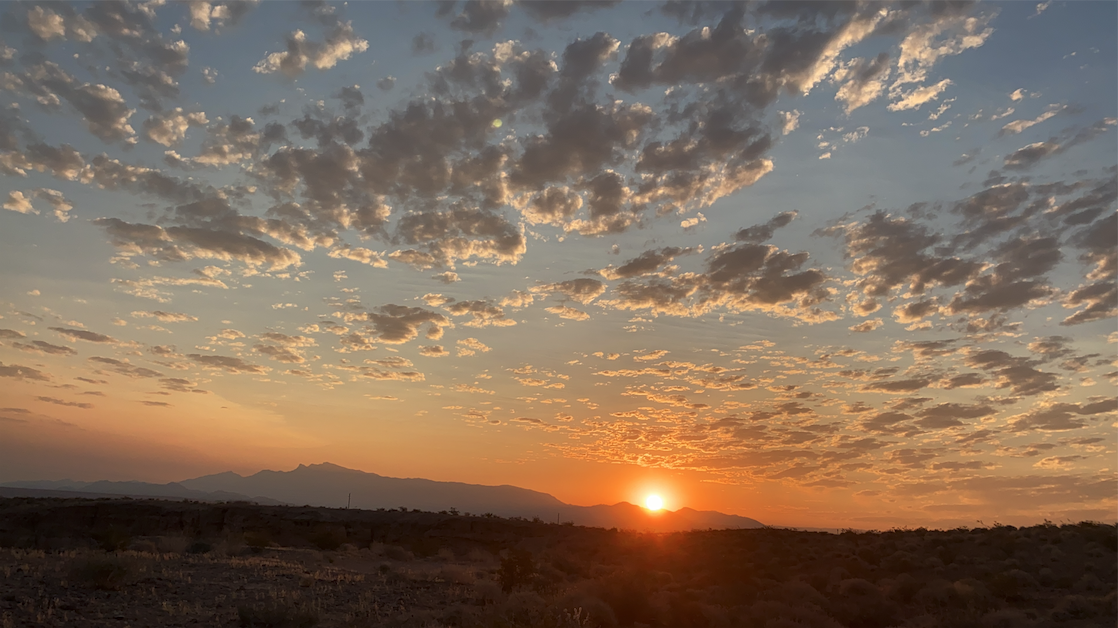Directors Desk: The Anthropocene
We’re political. We understand that in a democracy, it’s up to us to elect leaders and then pressure them to act. Over 50 volunteers on the political committees of Orange and LA Counties have endorsed a record number of environmental champions for office -- see our endorsed candidates here. Sierra Club members are writing letters, calling and texting with the Sierra Club Independent Action to get out the vote in battleground states, and you can join them. I’m proud to be part of a group that is willing to get into the political arena and lead.
We build coalitions to pass transformative policy. In a major milestone this week, the LA County board of supervisors voted 5-0 to enact a just-transition taskforce focused on plugging and remediating nonproductive oil wells in unincorporated parts of the county. We can clean up abandoned oil wells and create family-sustaining, “high road” jobs. The county’s taskforce will include direct input from environmental groups and labor unions, including the Sierra Club, Los Angeles and Orange County Building Trades, and United Steelworkers Local 675. Read more about this exciting effort.
We are creating spaces worthy of groups who have not traditionally been part of the predominantly White environmental movement. As a White leader, I see my role in dismantling racism as deeply intertwined with my role in solving climate change. The deep, non-linear, anti-racist work has many facets underway at the Chapter level. In October, the chapter was awarded a grant by the national Sierra Club to develop a Communications Equity Strategy. Basically, how can our chapter communications best increase understanding of equity issues among our members, and welcome new members who haven’t historically identified with the Sierra Club? This strategy sits alongside planned workshops for chapter leaders to deepen their anti-racist practices. If you haven’t already, please fill out the readers survey and tell us how we’re doing!
We are growing and deepening our team. In October, we welcome Kim Orbe to the Angeles Chapter staff as Conservation Program Manager! I am thrilled to have an incredible organizer and campaigner joining our small but mighty team to support our hundreds of volunteer leaders. Kim’s background as the coordinator of the Nature For All and Water For All coalitions and her commitment to an inclusive and intersectional environmental movement are going to be a huge plus for our efforts to advance our conservation agenda. You’ll be hearing more about Kim down the road.
We believe in democracy. Our Chapter leadership is elected by you, the members (not a member? Join here.). Every year, dedicated volunteers go to great lengths to ensure elections are fair and accessible. It’s been humbling to see the effort put in by our election team, so please see your Southern Sierran or SoCal Now for instructions on how to vote.



Comments
Marianne Davis (not verified)
October 7, 2020 - 4:32pm
Permalink
Anthropocene
Add new comment